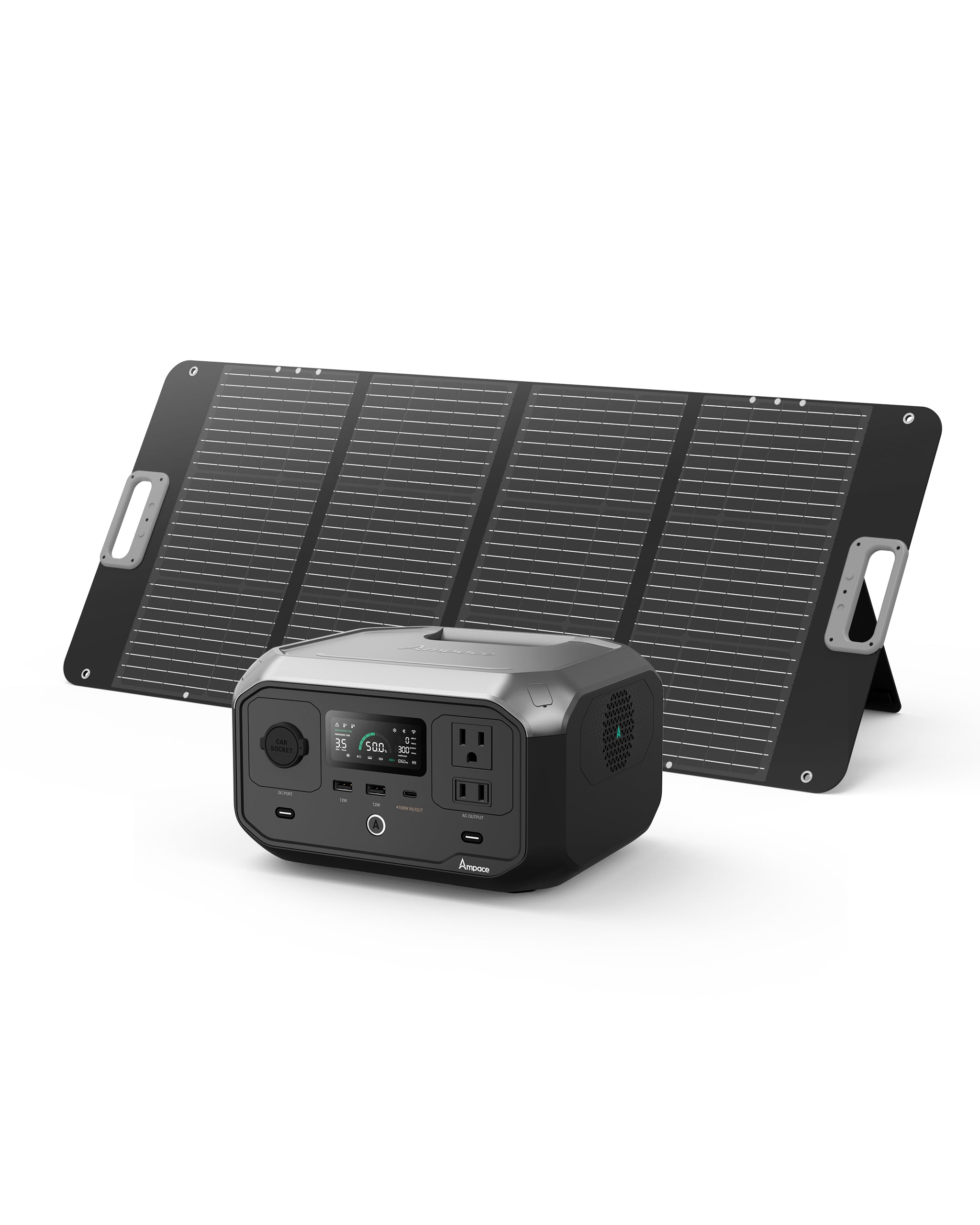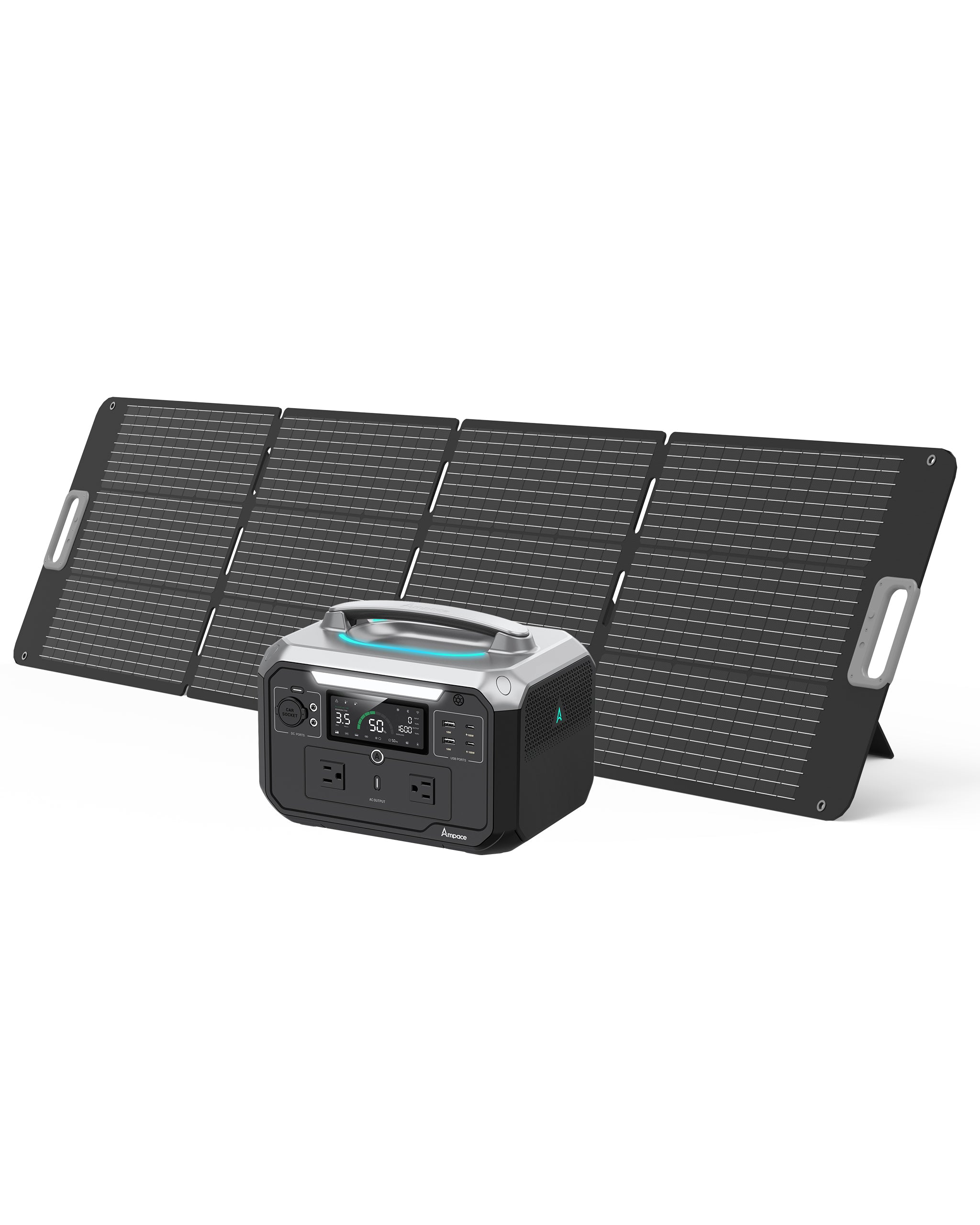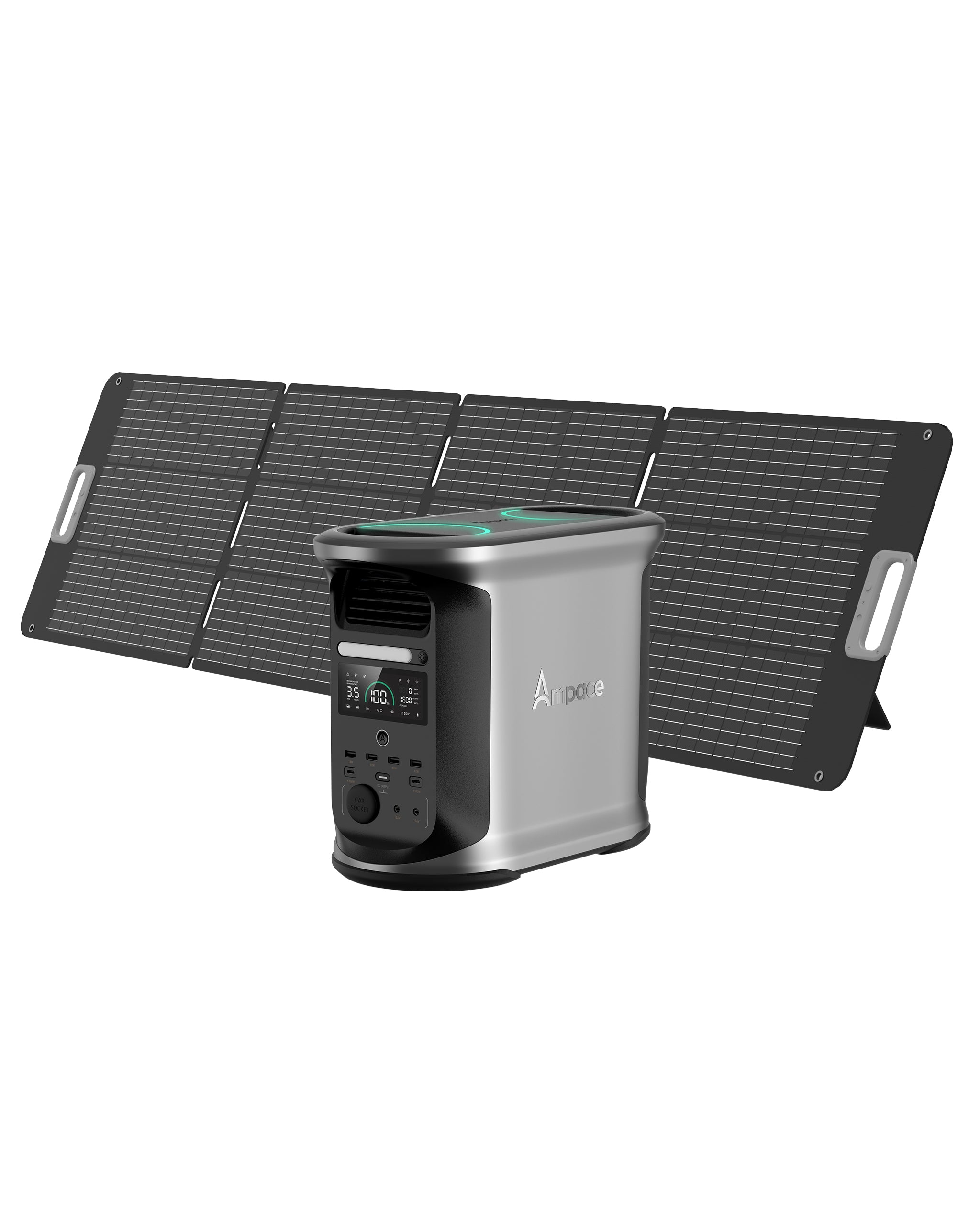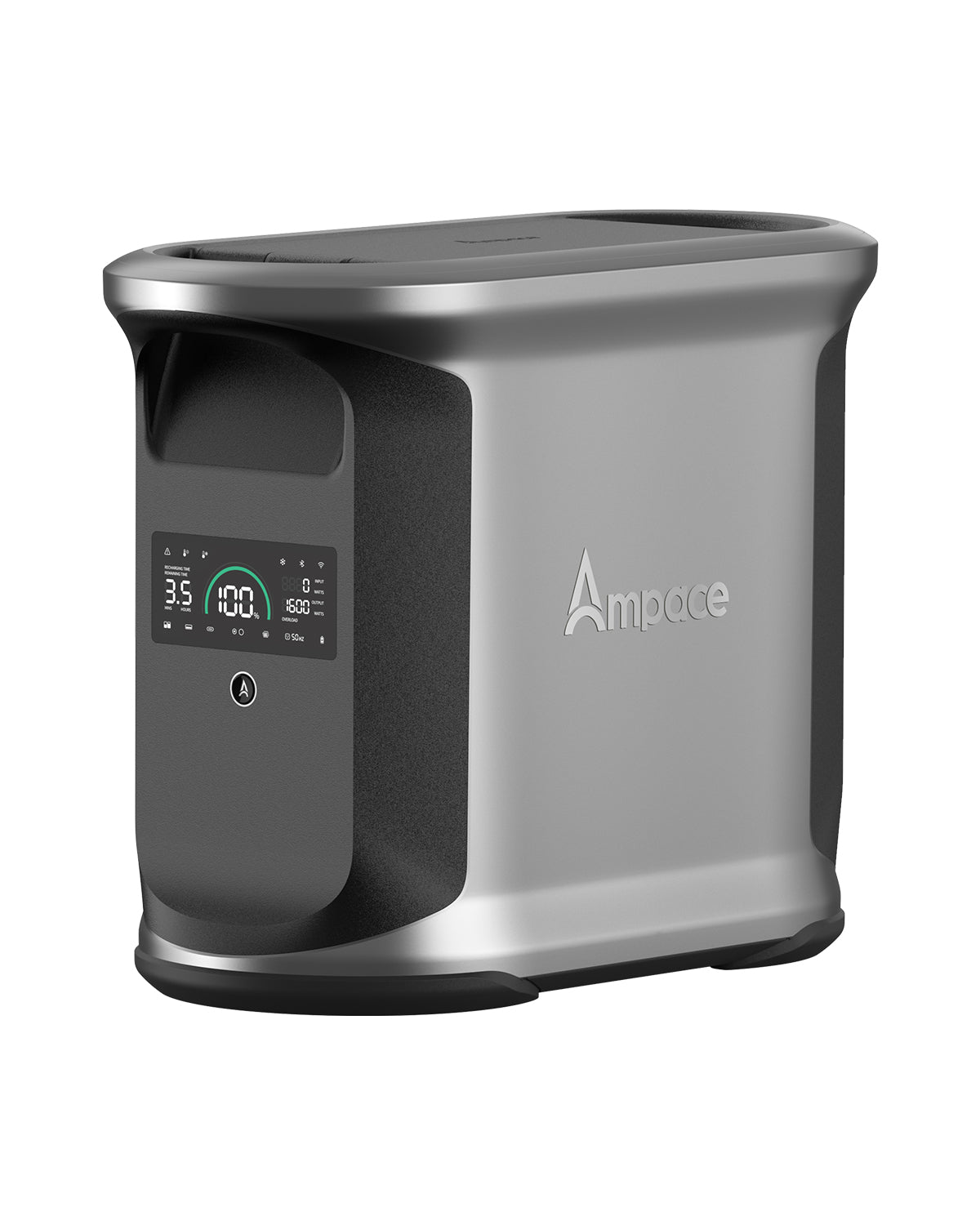Can a Portable Power Station Serve as a UPS?
Power outages are inevitable and are usually caused by bad weather, equipment failure, or other factors beyond your control. When they occur, they disrupt our daily lives, especially when we are doing important work, and power outages can be very frustrating. In addition, power outages may also affect the normal operation of critical equipment such as medical devices, communication tools, and household appliances, bringing additional inconvenience and potential risks to users.

As technology advances and innovative products continue to emerge, we can meet this challenge with effective power solutions. Among them, uninterruptible power supplies (UPS) and portable power stations (PPS) are two very effective options for dealing with power outages.
Next, we'll learn more about the specific functions and features of both products to help you better choose the solution that best suits your needs.
Uninterruptible Power Supply (UPS)
UPS is a backup power device designed to protect critical equipment. It can immediately switch to backup power in the event of a power outage, providing short-term stable power support for the equipment. UPS systems are widely used in homes, offices, data centers and other places to protect important equipment such as computers and routers to prevent data loss or equipment damage caused by sudden power outages.
Quick response: Start backup power immediately in case of power outage.
Stable voltage: Prevent voltage fluctuations from causing damage to the device.
Ideal for critical equipment: Suitable for computers, servers and medical equipment.

Portable power station (PPS)
PPS is a more flexible solution suitable for extended power outages or outdoor use. It is typically equipped with a high-capacity lithium battery and multiple output ports (such as AC sockets, USB ports, etc.), allowing it to power a variety of devices, including home appliances, smartphones, laptops, and even medical devices like CPAP machines.
Portability: Lightweight design, easy to move and use.
Versatility: Supports simultaneous power supply for multiple devices.
Rechargeable: can be charged by solar panel, car charger or standard power supply; Sockets make them suitable for a variety of use cases.

Choice of uninterruptible power supply and mobile power station
In terms of functionality, both devices are capable of providing backup power, but their focus is different. The UPS is suitable for computers, servers and other devices that need to maintain normal operation during power outages. Portable power stations, on the other hand, are more suitable for outdoor and mobile scenarios where they provide power to the equipment.

Overall, the core difference between the two devices is their intended use. UPS is designed to keep equipment running in the event of a power outage and is primarily used to deal with power outages. In contrast, portable power stations (PPS) offer a more flexible backup power solution to provide continuous power during power outages.
While both devices have built-in batteries that can output AC power, PPS requires additional technology to quickly switch power supplies in order to work like a UPS. PPS typically have a larger battery capacity and are suitable for longer durations, while UPS offers a shorter power duration, making them ideal for short transition periods.
UPS vs Portable Power Stations: Which should you choose?
In the case of a sudden power failure, traditional UPS equipment can ensure that critical equipment continues to operate, but it usually requires fixed installation and lacks portability.
In contrast, while Ampace portable power stations are primarily designed for mobile charging, they also have UPS capabilities that provide backup power to keep equipment running in the event of a power outage. Although they do not function as professional UPS systems, Ampace portable power stations can still provide the necessary power for equipment such as emergency breathing apparatus.
This makes them a valuable addition to home and outdoor emergencies. The Andes 600 Pro is a good example of a portable power station that can function as a UPS.

Simple, quiet, safe and reliable home backup power
The Ampace Andes 600 Pro has undergone 2,882 rigorous tests to withstand harsh conditions. Thanks to its durable battery unit and high-quality materials, with a near-silent 30dB sleep mode and fast 20ms UPS switching, it's perfect for off-grid living, home backup power, and emergencies.

High-Efficiency Power with LiFePO4 Battery
The Ampace Andes 600 Pro uses advanced SiCPrime technology to deliver a 584Wh high-capacity and durable LiFePO4 battery that retains 80% of its original capacity after more than 2,000 charge cycles. It supports charging with 200W solar panels and powers your device with an impressive 95% efficiency, ensuring excellent protection and reliability.
















